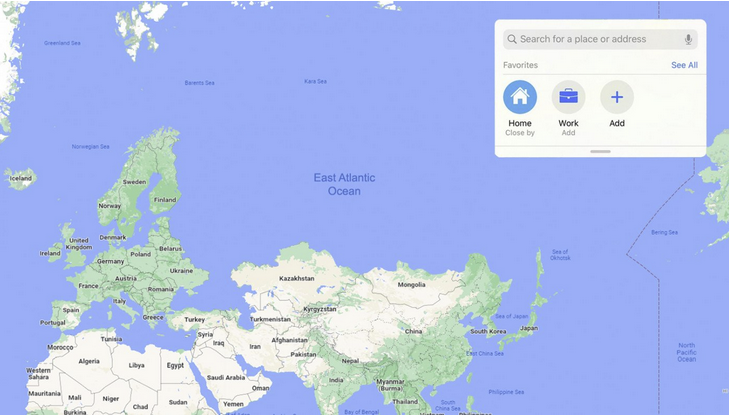from Heritage Foundation,
5/3/24:
In less than six months, Americans will head to the polls.
The stakes are high, and given the controversy surrounding our last two presidential elections, it’s more important than ever for states to ensure the integrity of their democratic processes, so that the people’s voice can be heard loud and clear.
Thankfully, numerous states have passed reforms to address vulnerabilities and improve the integrity of their elections, as documented by the Heritage Foundation’s Election Integrity Scorecard.
Yet election integrity is threatened by another danger: the censorship and manipulation of political information and opinions by large tech platforms.
This isn’t just a threat to free speech; it’s election interference at its worst.
Silicon Valley giants use powerful reactive and proactive methods of social manipulation to shift public opinion and influence election outcomes.
Reactive methods usually involve censoring or deplatforming voices out of step with progressive values.
One of the most infamous examples is Facebook and Twitter’s suppression of the Hunter Biden laptop story ahead of the 2020 presidential election.
According to a McLaughlin and Associates poll, that suppression almost certainly influenced the outcome of the election.
That’s just the tip of the iceberg.
- Other companies like Google use secret blacklists to suppress targeted websites and communications.
- Facebook even has a covert whitelist called “XCheck” it employs to give certain favored high-profile users a pass on its content policies.
Large platforms also use proactive methods to push users toward content or actions that further Big Tech’s political agenda.
A leak from Google in 2018 revealed that the company can personalize search results and feeds to reinforce its values.
Google, along with other platforms, appears to be doing just that in the name of voter “education and mobilization.”
While this might sound benevolent, it hides a dark secret: These platforms control which users receive election-related information through their services and can even target certain users with go-vote reminders.
Per research by Robert Epstein, Google targeted go-vote reminders to liberal users during the 2020 Georgia U.S. Senate runoff—presumably to boost turnout for Democrats.
Facebook has also sent out targeted go-vote reminders since at least 2008.
The platform found that reminders increased the overall number of votes cast by 340,000 in 2010.
Taken together, Epstein finds that political bias reinforced through search algorithms, “suggested search” features, AI chat bots and targeted go-vote reminders has a significant cumulative effect on user attitudes and voting behavior.
If observed levels of liberal bias are present on major platforms ahead of an election, they could shift millions of votes to Silicon Valley’s preferred candidates.
These manipulative practices likely violate state and federal election laws.
More From Heritage Foundation:









